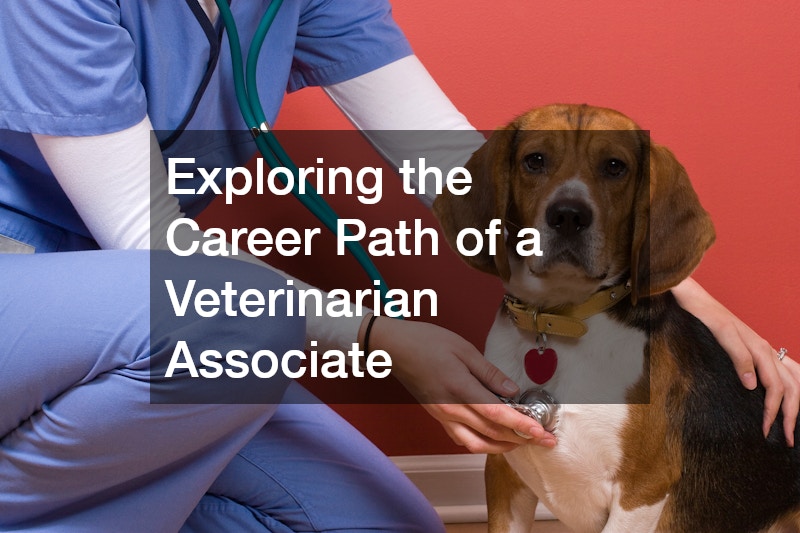August 2024
Exploring the Career Path of a Veterinarian Associate
Exploring The Vet Field The field of veterinary medicine offers numerous career paths, each contributing uniquely to the care and well-being of animals. One essential role within this industry is that of the veterinarian associate. Veterinarian associates work closely with licensed veterinarians to assist in providing medical care to animals, handling a variety of tasks […]
13 mins read
